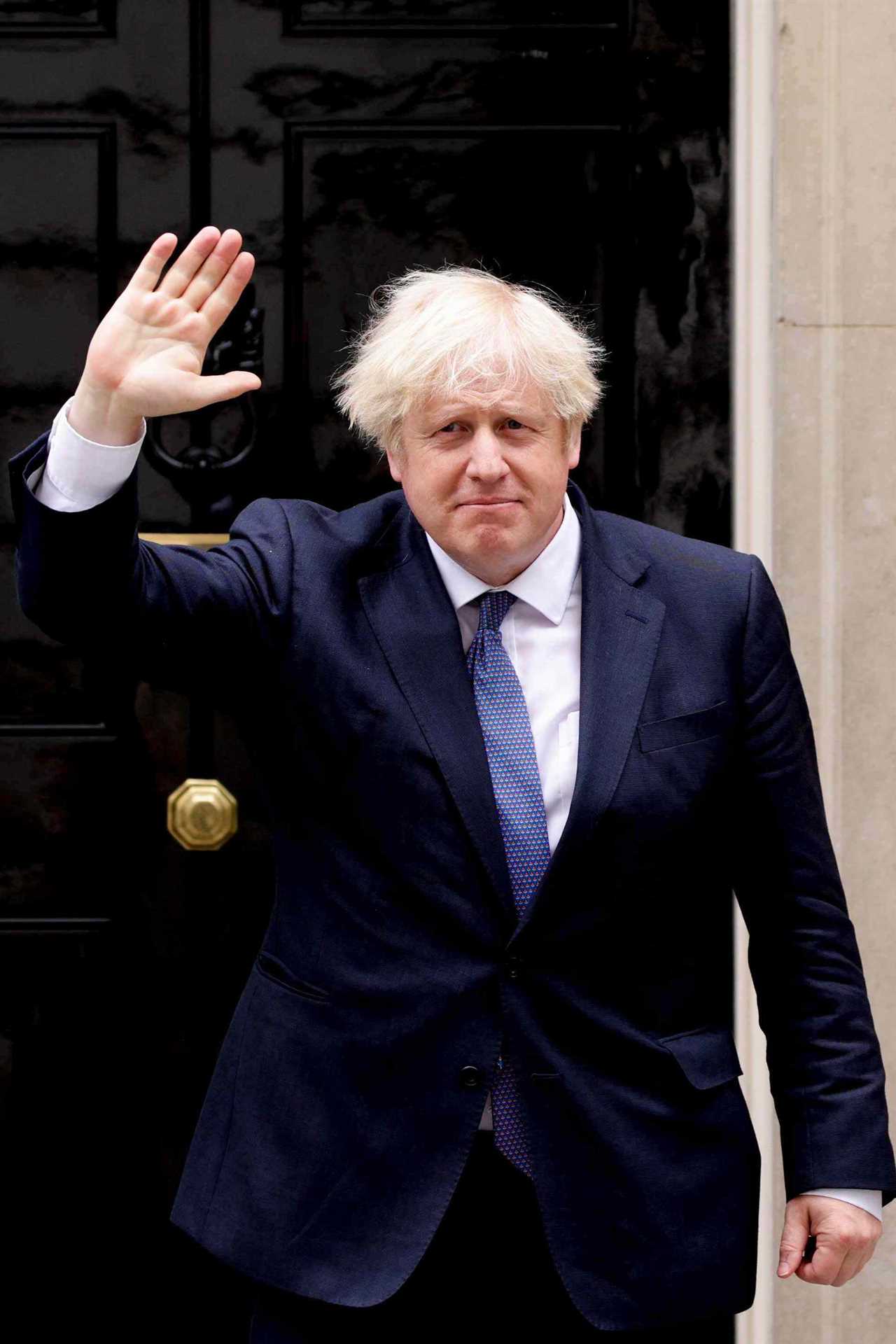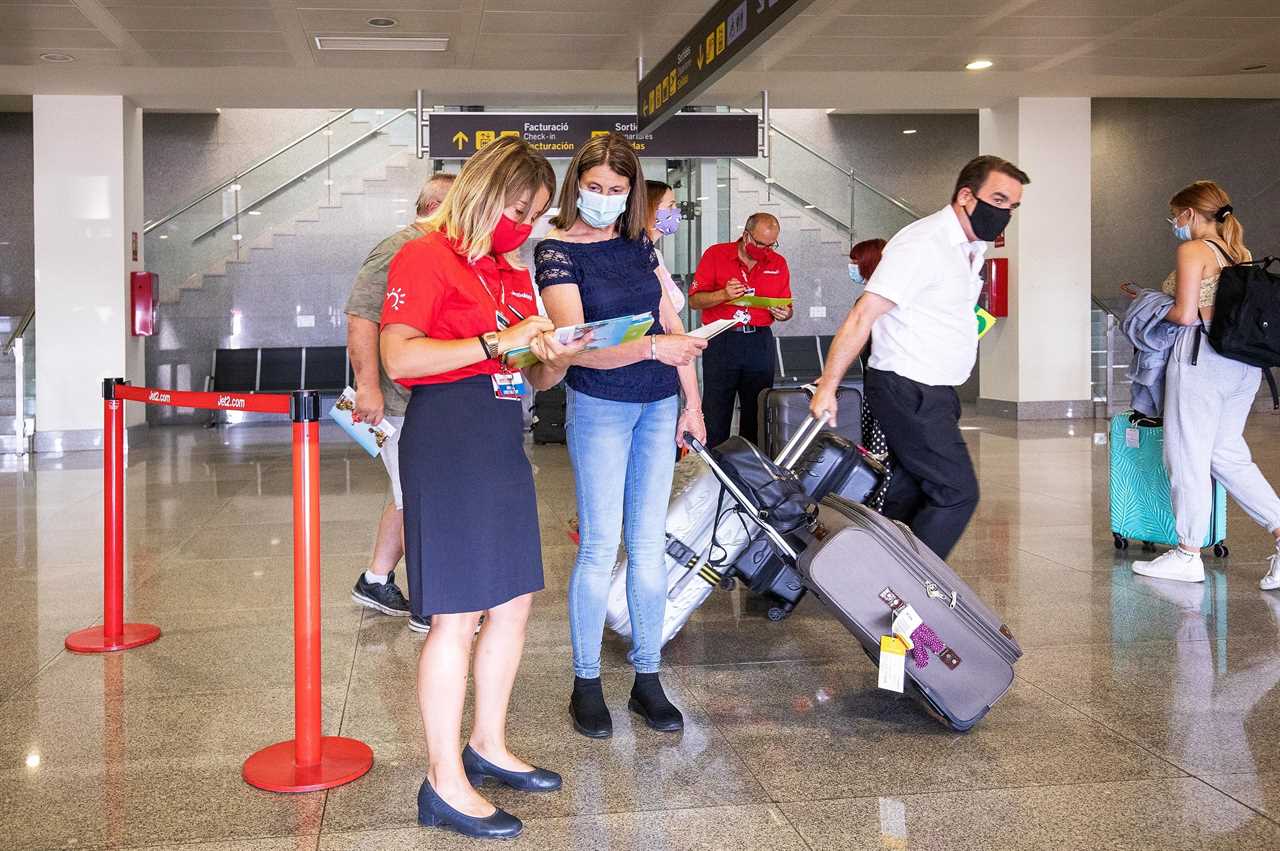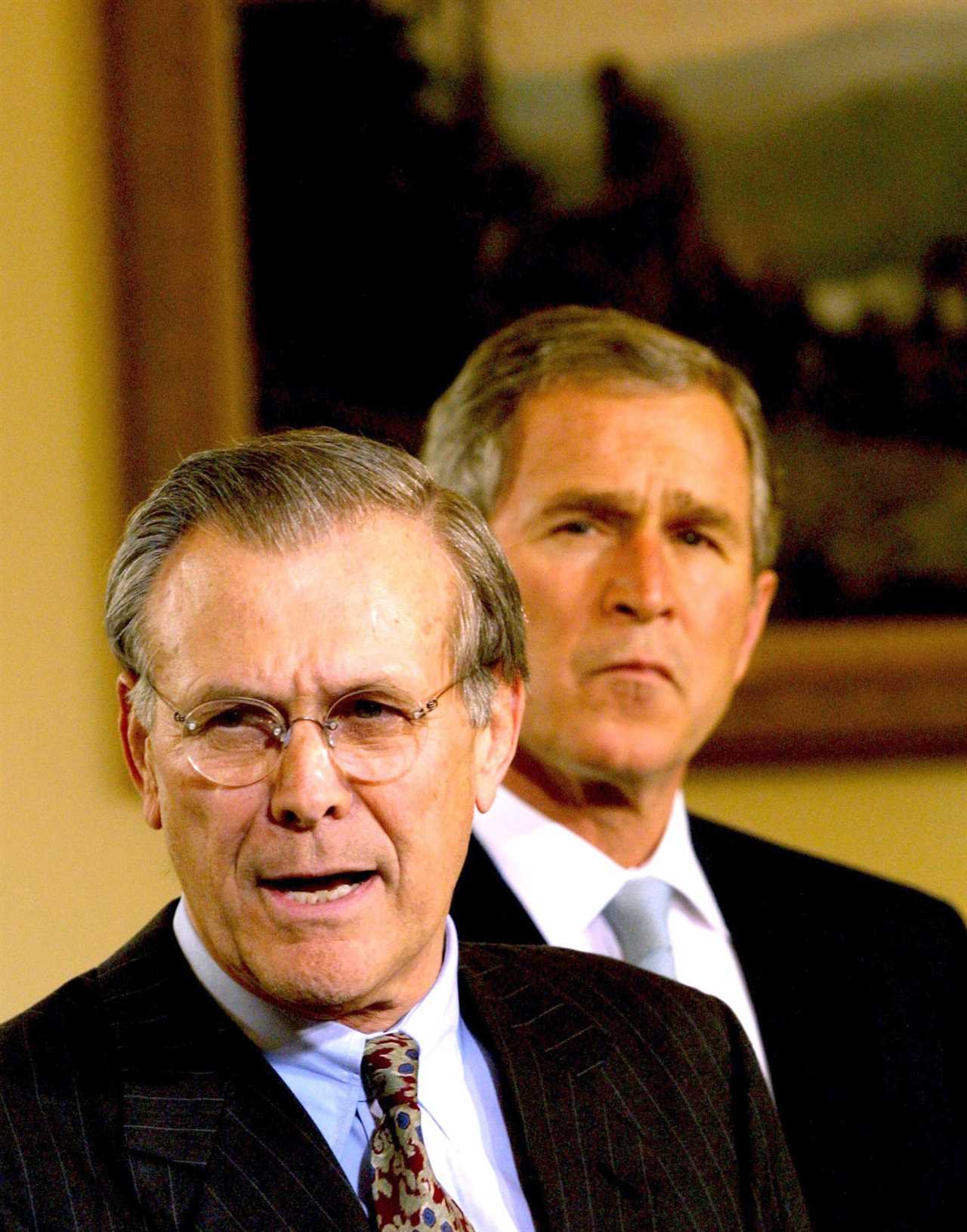THE British public have put up with an awful lot in the past year.
We have agreed to be confined to our homes. We have been denied the most basic rights of assembly.

We have been forced to make sacrifices we would never have dreamed possible in peacetime.
If there is one thing that has got us through it, then it is that we have all been in it together.
We have seen the same standards applied to the Queen as to her subjects. We have seen the most powerful people going through the same boring routines as the rest of us.
So when people have been seen to break that pact, as Matt Hancock did so spectacularly last week, they must go.
It is against our most basic sense of fairness. We’re either all in this together or there are special people who get special privileges. If that is the case, the whole thing breaks down.
That is what is in danger of now happening thanks to the Government’s bizarre, two-tier advice on foreign travel.
The Government has put huge energy into trying to scare British families off going abroad on holiday this summer.
The traffic-light system now means there are countries we cannot go to. But even the countries we can still go to have effectively been put off limits. Test requirements, quarantining and more mean foreign travel is effectively impossible for a normal family.

SECOND-CLASS CITIZENS
The tests alone would add another £1,000 to the cost of an ordinary family’s holiday, and even people who have been vaccinated must go through this costly exercise.
But then we learned there were special exceptions. The trick is to become a Uefa or Fifa boss. If you can pull that off, it turns out you can skip the self-isolation, attend the Euros final at Wembley Stadium and even socialise afterwards in Downing Street with ministers.
And it turns out it’s not just football bosses who can get around the restrictions.
This week it emerged that high-flying business bosses can also bend the rules so long as they can show their trip is of “significant economic benefit”.
If they come into the UK from an “amber” country, they can leave their quarantine for specific, work-related activities.
In other words, they don’t have to quarantine. If you can break quarantine, by definition it isn’t quarantine.
But if the virus is still such a threat, there’s no reason it will avoid attacking people when it finds out their social gathering is work-related.
The problem with this is that it sets up the two-tier system this Government has been so careful to avoid over the past year and a bit — one it has indeed been attempting to put right in this country through it’s “levelling up” agenda.
It allows different rules for people who can show that their work has a more than 50 per cent chance of making or keeping at least 500 UK-based jobs.
As former Cabinet minister Liam Fox rightly said, this now risks making the rest of us “second-class citizens in our own country”.
Obviously, it is true that some people bring more economic benefit than others.
But everybody who works and pays their taxes brings some economic benefit to the country.
Without us all toiling away — be it building a brick wall, fixing a toilet cistern or running a gigantic supermarket — nothing would happen.
Deciding that there is a bar at which you bring more economic benefit to the country creates a “them and us” system.
It creates a perception of unfairness.

Aside from the question of how you prove a 50 per cent chance of keeping UK jobs, as opposed to a 45 per cent or 55 per cent chance, the system reeks of double standards. Why should British workers be confined in their movements and forbidden to leave the country while bosses, or potential bosses, fly around without even having to quarantine?
It is moments like this when you can see how the whole system of rules could just break down.
I see no reason why people will keep quarantining and following the rules if they see other people allowed not to follow them.
Why would anyone keep following the guidelines in such a position? If they are able to be broken by some people, clearly they are not necessary. If they are not necessary, why should the rest of us have to follow them?
Prime Minister Boris Johnson has been very politically savvy during the last year and a bit, in making sure that we stick to the rules because they apply to everyone.
Whether you agree with them or not, he has achieved a remarkable political feat in persuading us to obey them.
His force of personality has helped — the Eton-educated, Oxford University Bullingdon Club boy has shown he is more than the sum of the privileged parts of his education.
He has shown he is on our side. Be that in a former Red Wall constituency or in his own Greater London constituency.
But trouble is brewing. He would be wise to take notice.
What we are seeing is how that pact between government and governed breaks down.
If it begins to seem only some mugs have to follow the rules, and that those mugs happen to be us, Boris no longer seems to be on our side after all.
Flawed genius Donald
MOST people, even very famous people, are remembered for only a few things.
The death of Donald Rumsfeld, at 88, is a reminder of that.

America’s former Secretary of Defence has been written about since his death as though he is to be best remembered for a few off-hand quips: “Stuff happens”, “known knowns”, and so on.
But he was much more than that. Indeed, he was a remarkable man and public servant.
He was the youngest ever US Secretary of Defence, first taking up that position in the Seventies under the Gerald Ford administration.
He then came back into office under George W. Bush during the Noughties, as the second-oldest US Secretary of Defence.

It is that second stint he will be remembered for – and of course for the fiasco that Iraq became. It was not always like that, though. I remember the period when, love him or hate him, everybody recognised him to be a type of genius.
During this time, he produced one of the all-time great quotes: “Reports that say that something hasn’t happened are always interesting, because as we know, there are known knowns; there are things we know we know.
“We also know there are known unknowns; that is to say we know there are some things we do not know. But there are also unknown unknowns – the ones we don’t know we don’t know.”
Unbelievably fluent in briefings, he directed a military campaign against Saddam Hussein that was a textbook success. Then, for whatever reason, he took his eye off the ball and lost the peace.
History is cruel with what it remembers. But it should remember Rumsfeld as having been a complex man. Brilliant, flawed, inspiring and disastrous.
Bunk at the bank
PRIDE month is finally over. Hallelujah. For it means that we might have some break from big corporations proving how woke they are.
I am all for celebrating the achieving of civil rights. But I have no interest in my bank shoving rainbows in my face or promising me their main interest is in promoting love.

This year’s Pride month saw some specially awful corporate efforts.
Barclays was once again out in front, running a series of adverts about the importance of not committing “micro-aggressions” against gay people. That is by saying things like: “You don´t look gay.”
Another advert by Barclays was about “gender identity” and how “expression and sexuality are linked”.
What the hell does this have to do with my bank?
I don’t care if expression and sexuality are linked. I do care that Barclays keeps shutting down branches. I do care that it has terrible rates for savers.

NEW IDENTITY
“We can all become better allies”, says Barclays. How about becoming a better bank first?
But Barclays wasn’t even the worst offender.
That award must go to Mastercard, which ran an advert boasting that on its cards people are now encouraged to put whatever name it is that they feel fits their sexuality.
So if they are trans, they do not have to put their birth name on the card. They can put their new identity name.
Well, woohoo! Well done, Mastercard.
Though, personally, I don’t see why only trans people should be able to benefit from this service.
In the interests of fairness, I should make it clear that on my Mastercard I would like to identify as a Rockefeller.
I would like my credit limit to reflect the fact of my new identity.
I wonder if Mastercard will respect this new identity of mine as a very rich person.
If not, why not?
Battle and Spen
BATLEY and Spen has been a battlefield this week, ahead of yesterday’s by-election.
Everything that could add drama to the fight did happen.

Labour selected local candidate Kim Leadbeater, who is inexperienced but happens to be the sister of the constituency’s murdered MP Jo Cox. This brought an emotive hold-off on attacks, at first, but was then followed by a slew of them. Dirty as they come.
Someone started passing round messages to the local Muslim community. Others were told Kim was bad on those crucial Batley issues: Kashmir and Palestine.
The arrival of George Galloway into the fight didn’t do much to ease tensions. He is a master at playing on such things.
But all eyes have really been on Labour leader Keir Starmer. Having lost a by-election in Hartlepool to the Conservatives in May, this one mattered a lot. Starmer is not allowed many more mistakes before his party will move against him. But how? And with whom? It is torn between a pragmatic wing of Starmerites and a society of deep believers who think Corbynism is the thing to pursue. Despite all available evidence.
Labour may have made a mistake with Starmer. But bigger mistakes await if they move against him.






